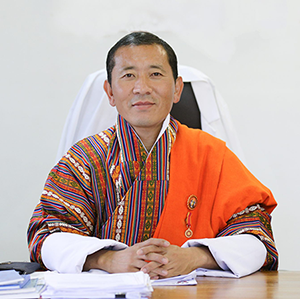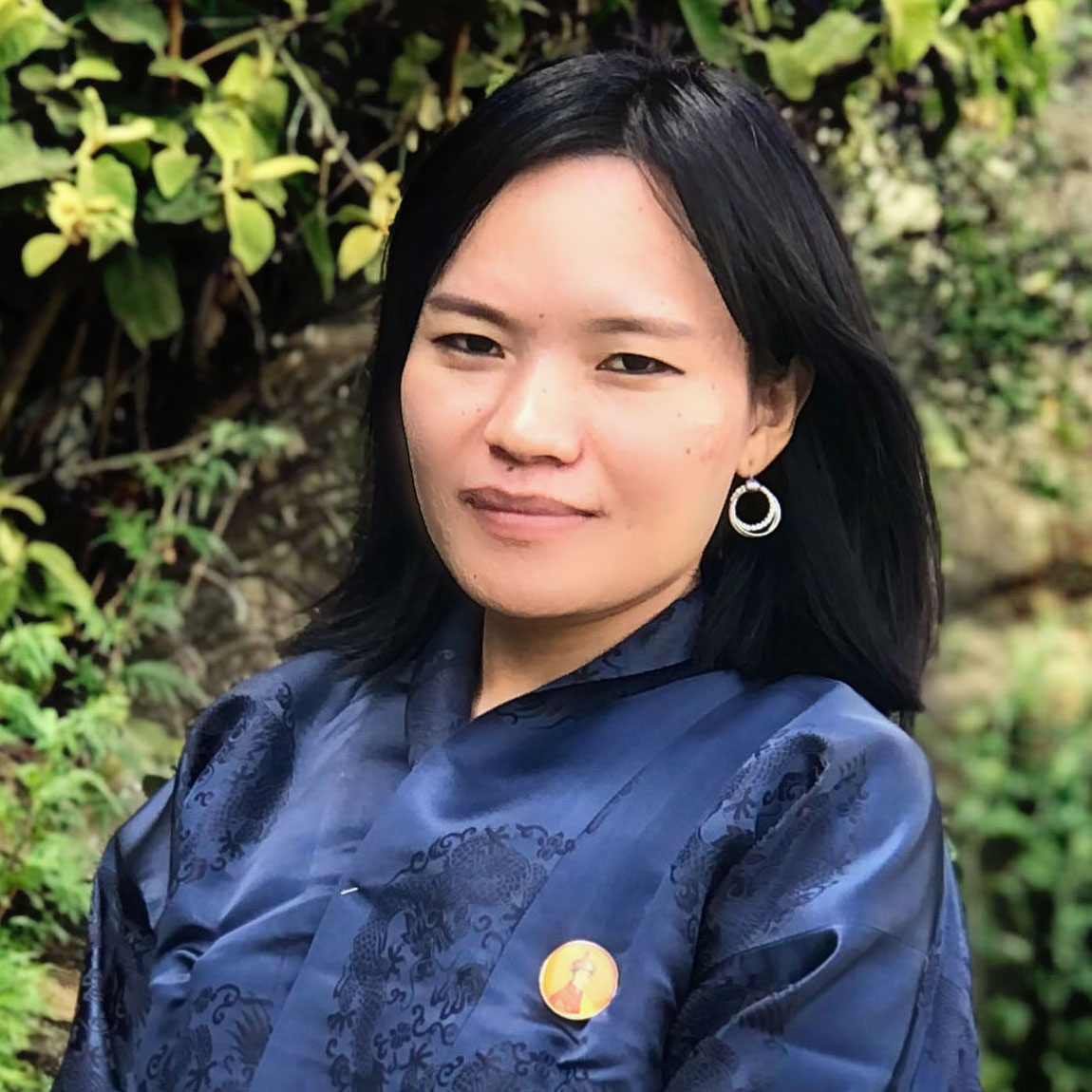
RIGSS Podcast
Dive deeper into the minds that are making a difference. Listen to find out what ticks them as they share their perspectives, insight, knowledge, wisdom and experiences on subjects that matter. Join us on these engaging and intellectual odysseys with the luminaries of leadership, governance, democracy and public policy.
Dedicated to the 40th Birth Anniversary of His Majesty The King
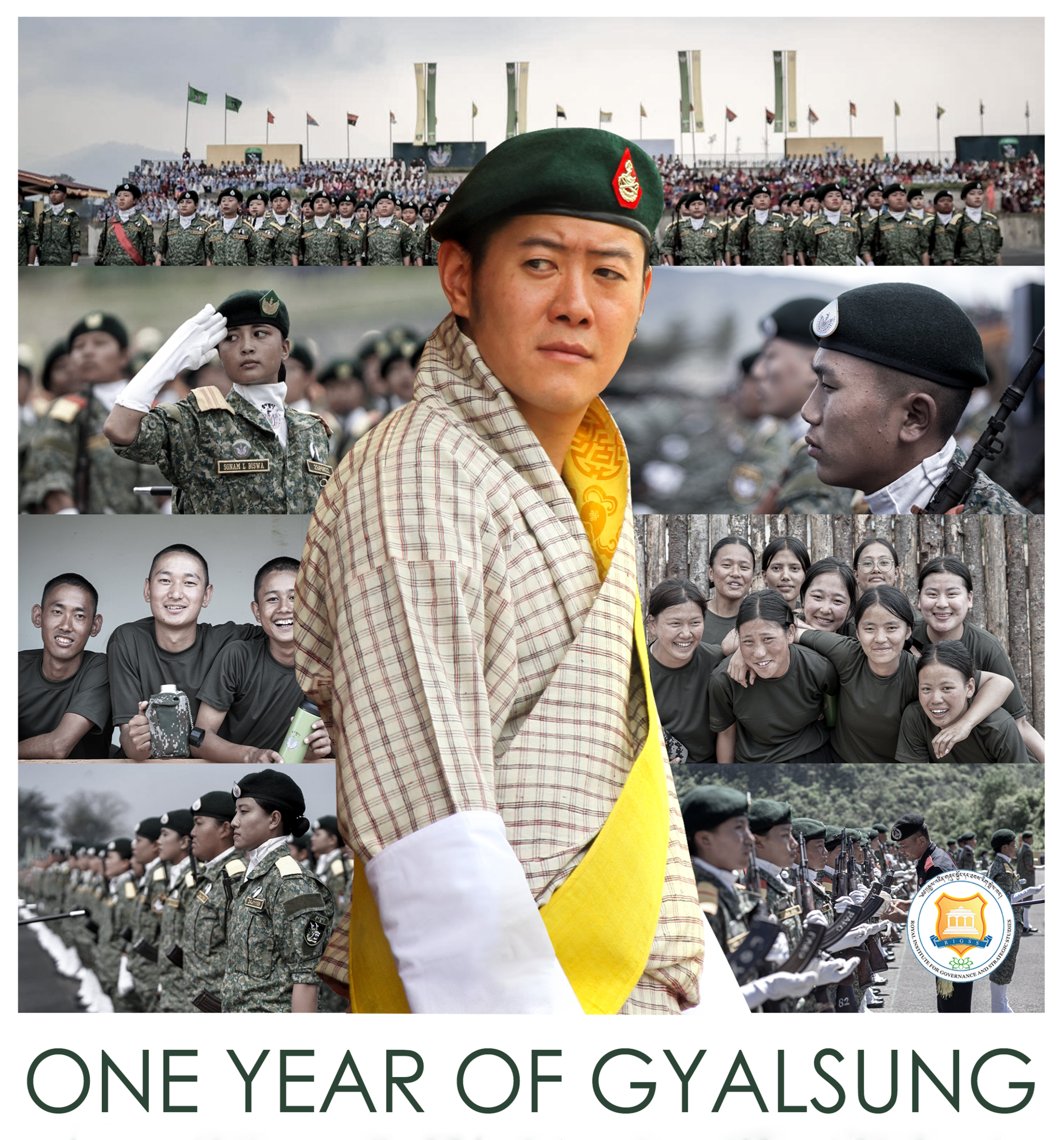
Voices of Our Gyalsups
RIGSS Podcast | Episode 29
Voices of Our Gyalsups
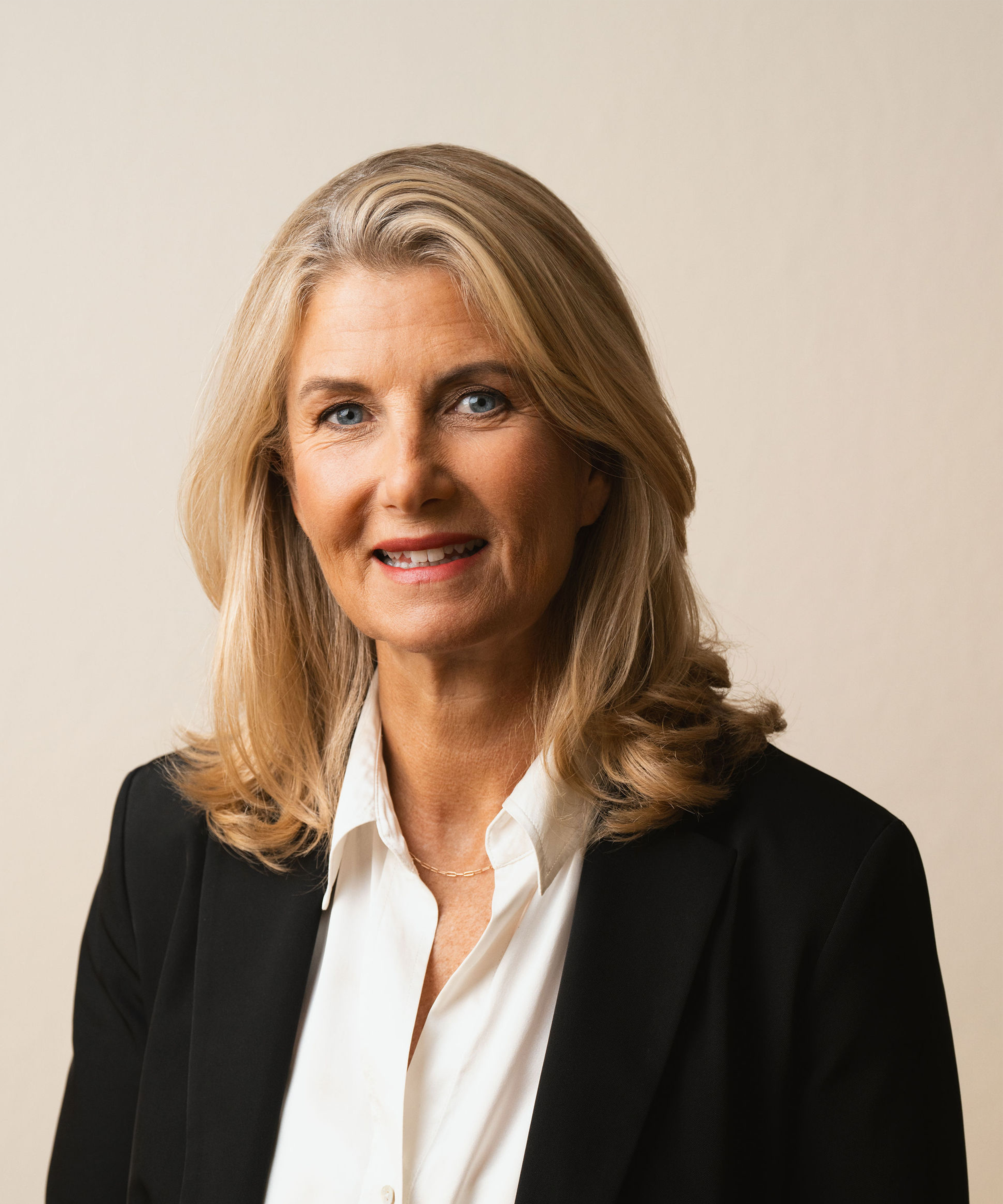
Annika Sten Pärson
RIGSS Podcast | Episode 28
Mental Health - “Inner Foundation for an Outer World Worth Living In”
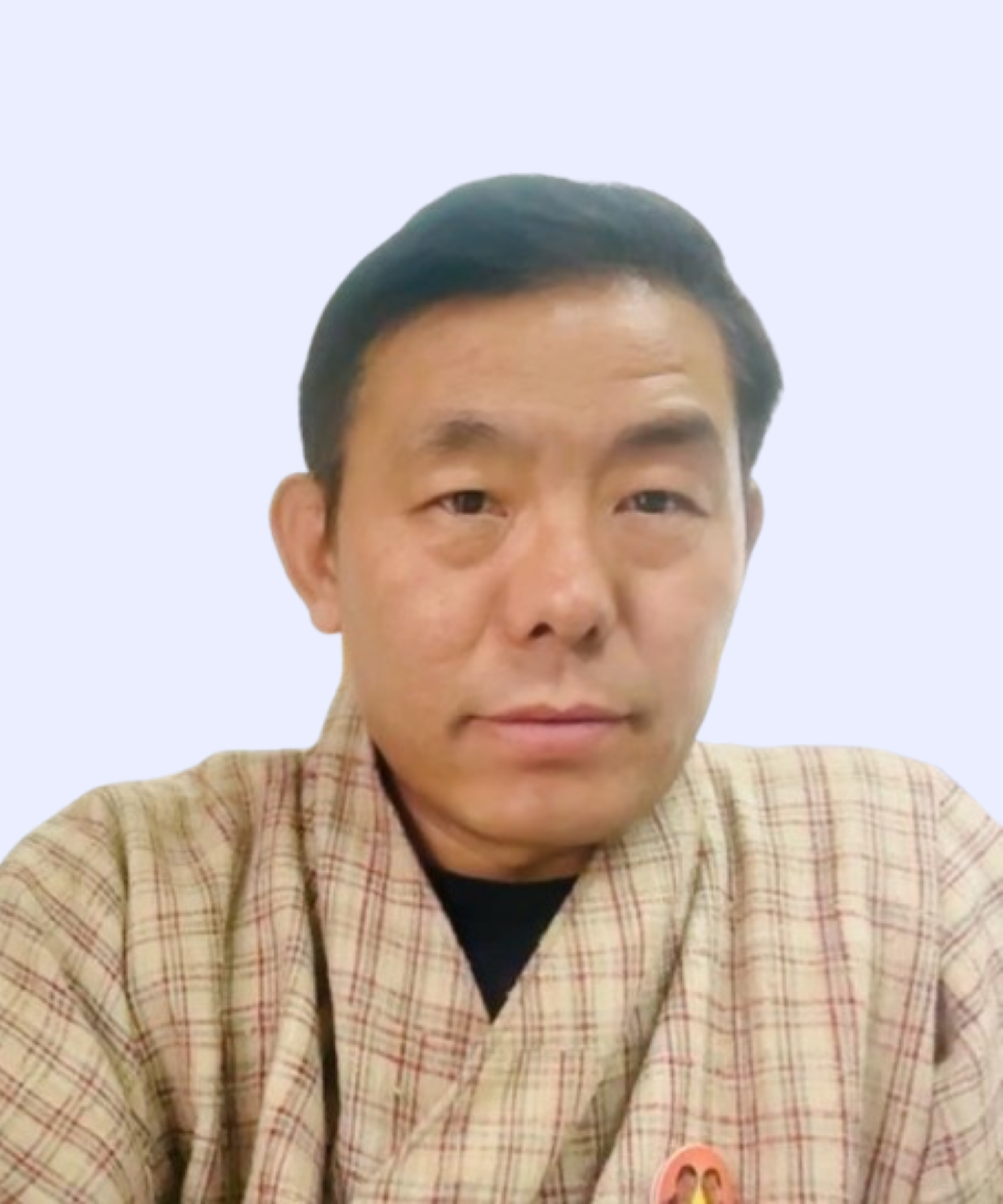
Karma Lotey
RIGSS Podcast | Episode 27
GNH in Business

Samantha Simmonds
RIGSS Podcast | Episode 26
Behind the Camera with Samantha Simmonds
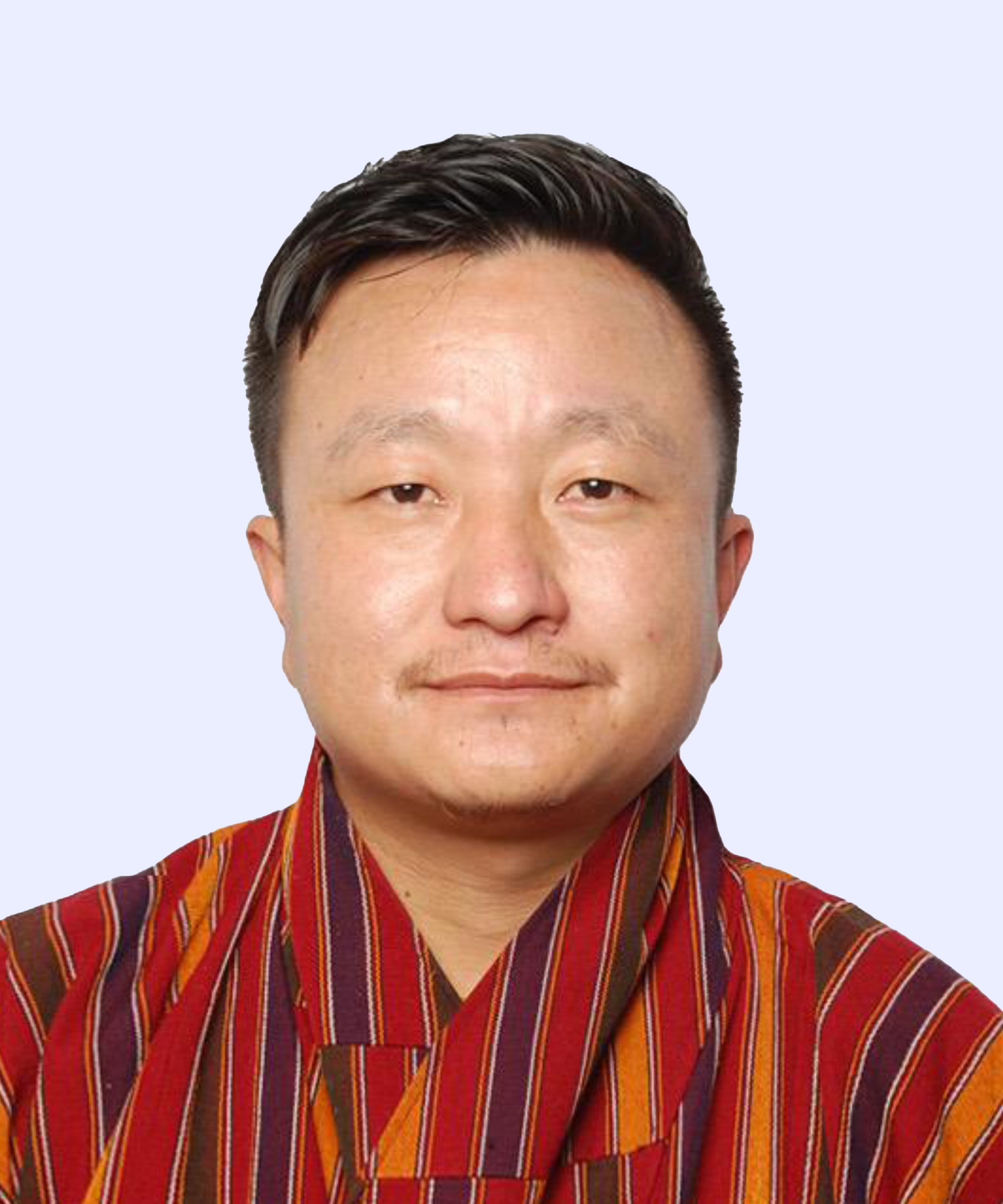
Tashi Wangdi
RIGSS Podcast | Episode 25
Hopes and Challenges of an Entrepreneur

Phuntsho Namgay and Namgyal T Gyaltshen
RIGSS Podcast | Episode 24
Part IV | AI for Bhutan’s Future

Mr. Jacques Von Benecke
RIGSS Podcast | Episode 23
Part III | AI and Governance

Rudradeb Mitra
RIGSS Podcast | Episode 22
Part II | AI for Social Innovation

Manail Anis Ahmed
RIGSS Podcast | Episode 21
Part I | Responsible AI and AI Literacy
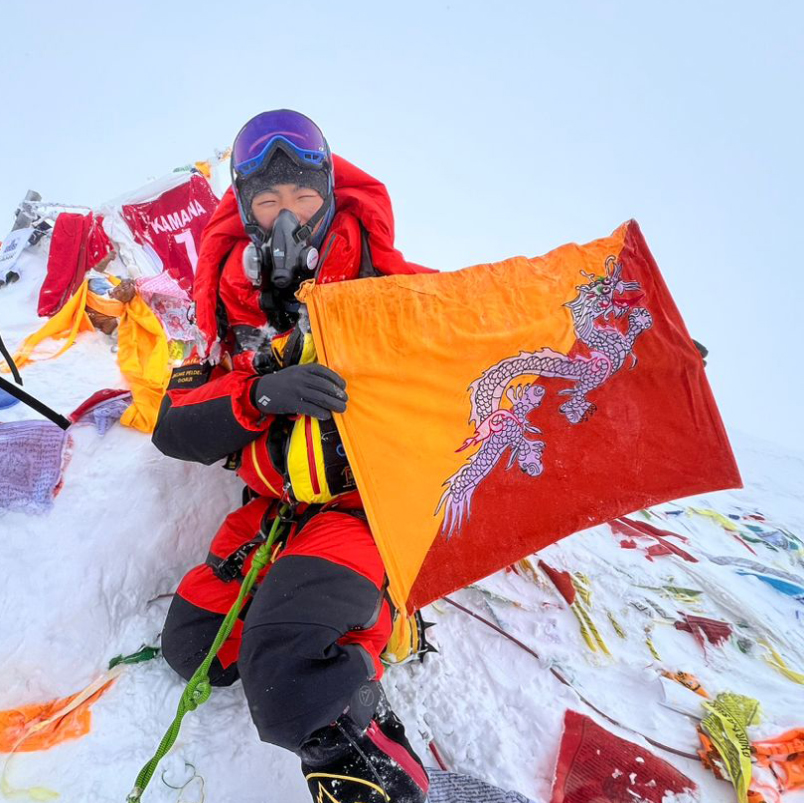
Jigme Pelden Dorji
SpeakerRIGSS Podcast | Episode 20
In Conversation with Jigme Pelden Dorji

Sir Ronald Cohen
Author/Venture CapitalistRIGSS Podcast | Episode 19
Impact Entrepreneurship

Tandin Dorji
FounderRIGSS Podcast | Episode 18
How to be Business Savvy?
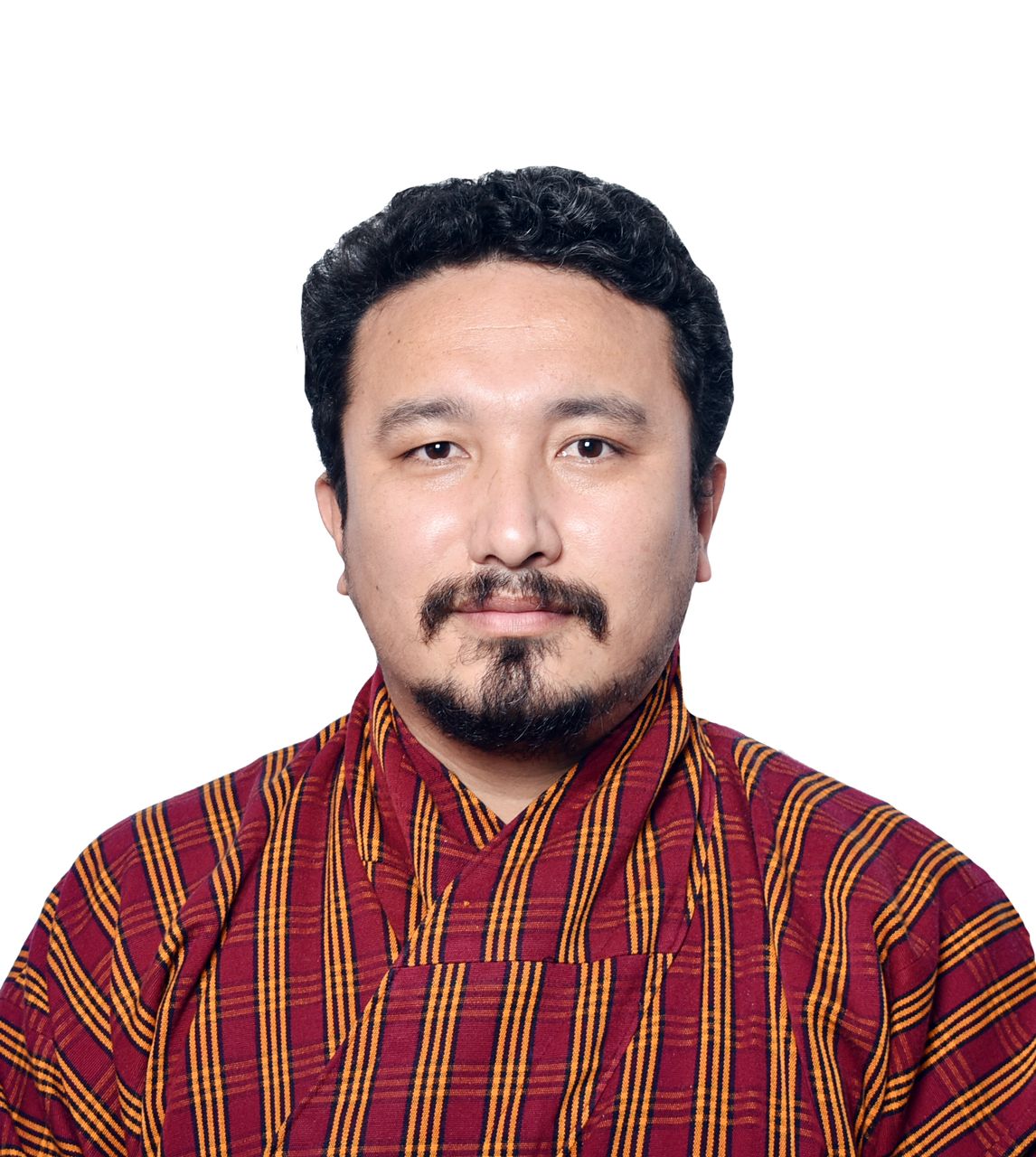
Tenzing Lamsang
Editor/JournalistRIGSS Podcast | Episode 17
The State of Media in Bhutan
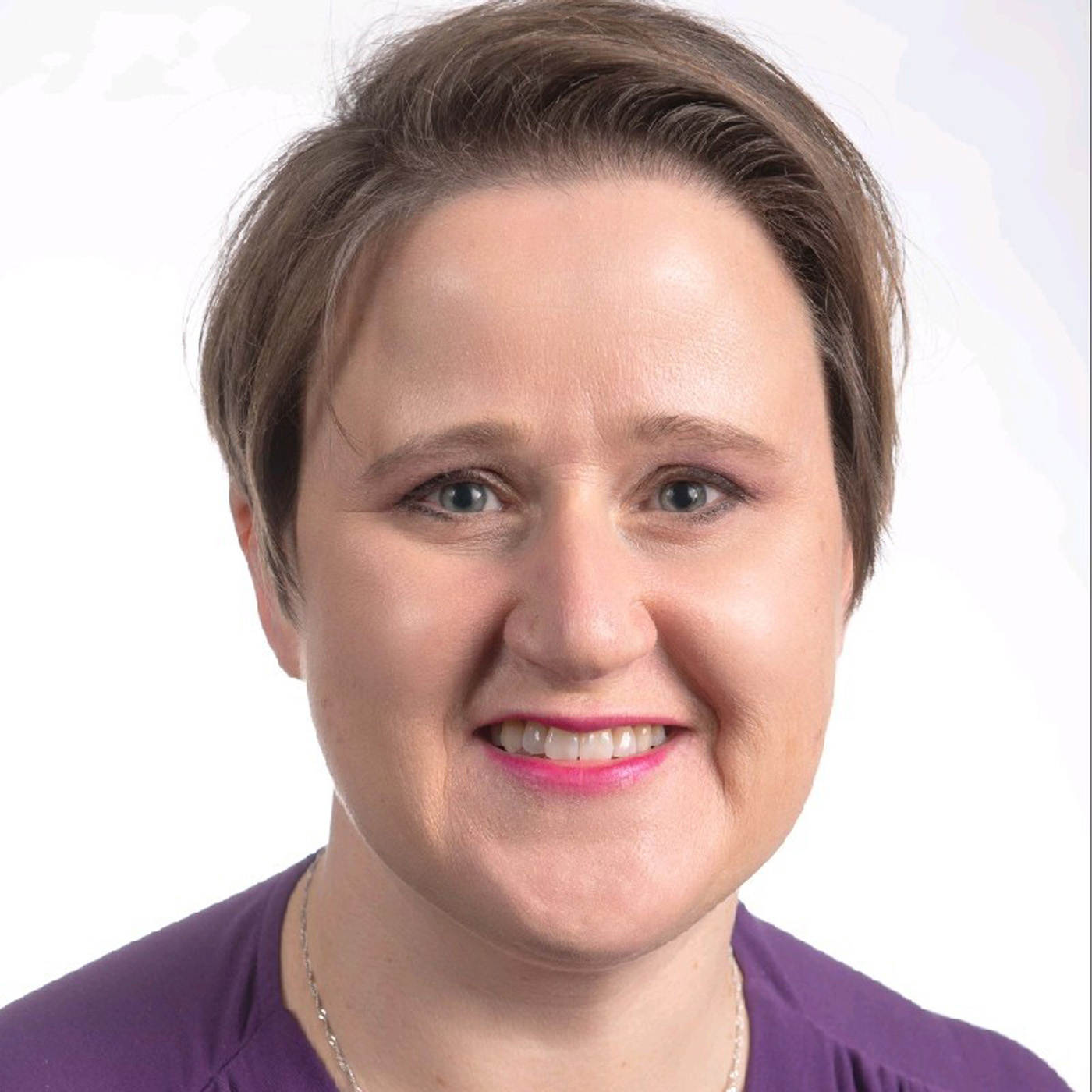
Sarah A. James
TechnologistRIGSS Podcast | Episode 16
Women in Tech
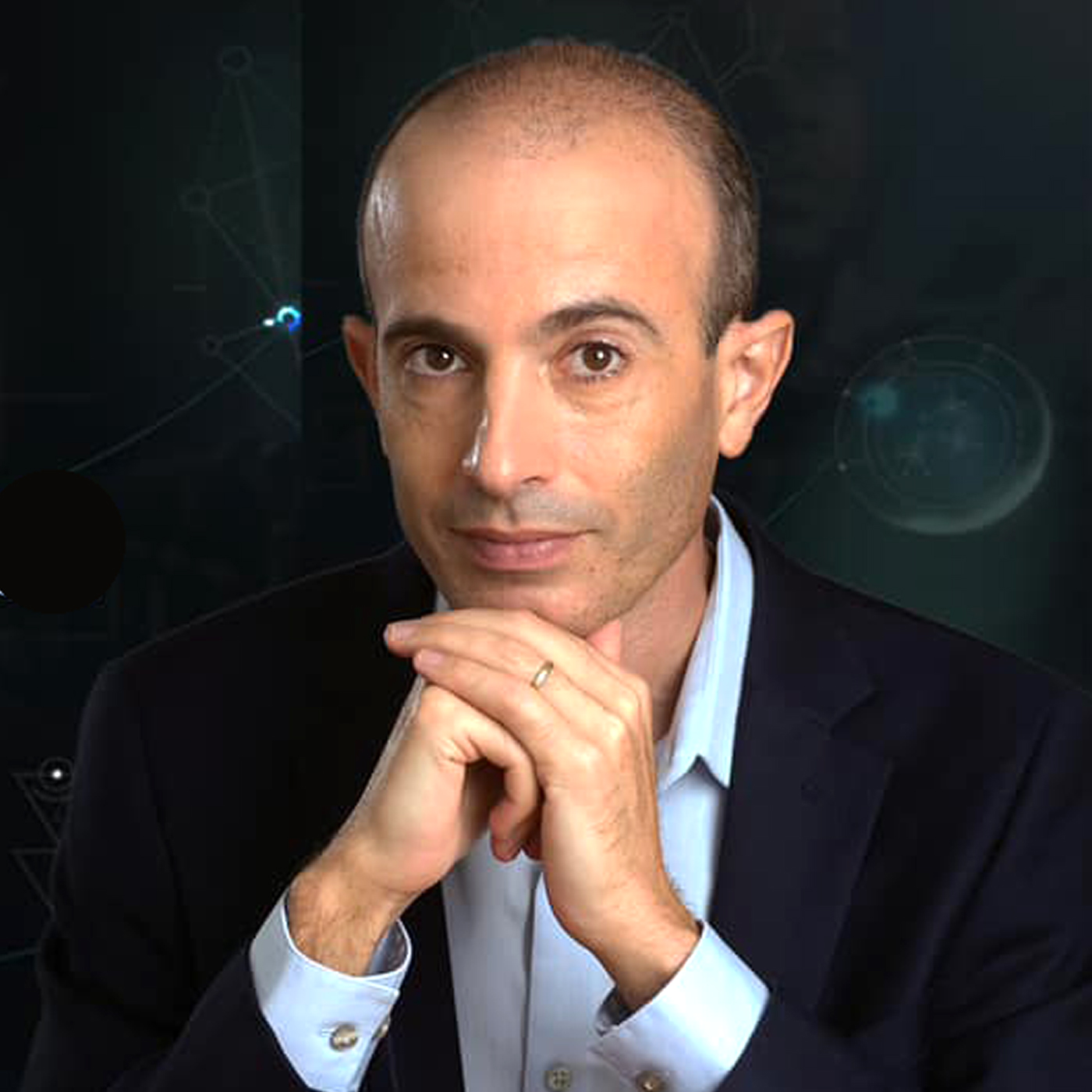
Yuval Noah Harari
ProfessorRIGSS Podcast | RIGSS Dialogue
What Does the Future Hold and How Do We Prepare as a Nation to Succeed?
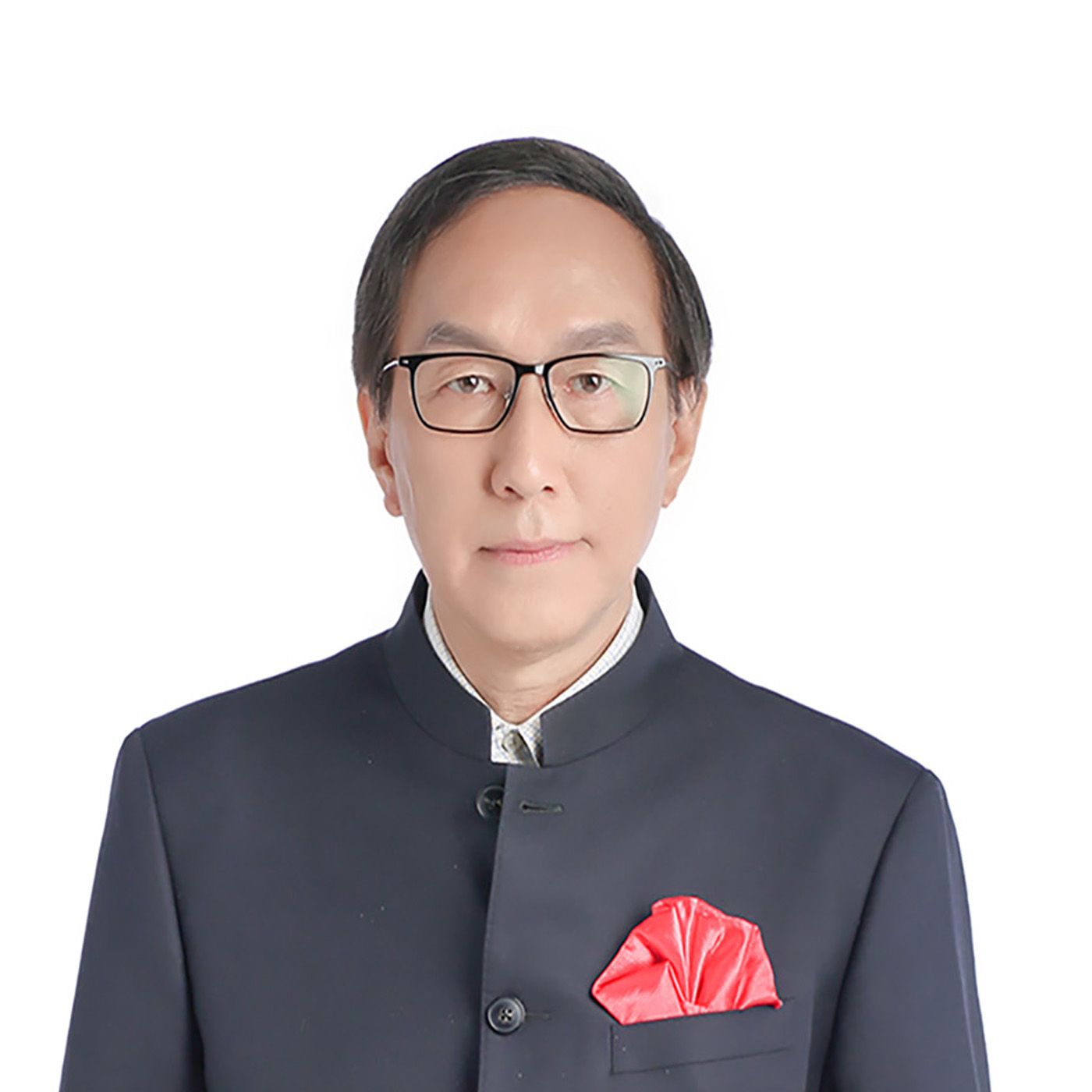
Vincent Yip
ProfessorRIGSS Podcast | Episode 15
Lifelong Learning

Mr. Jacques Von Benecke
Chief Technology Officer, DHIRIGSS Podcast | Episode 14
A Quantum Leap?

Ambassador Tommy Koh
SpeakerRIGSS Podcast | Ninth RIGSS Anniversary Friday Forum
Nation Building - Lessons from Singapore’s Success
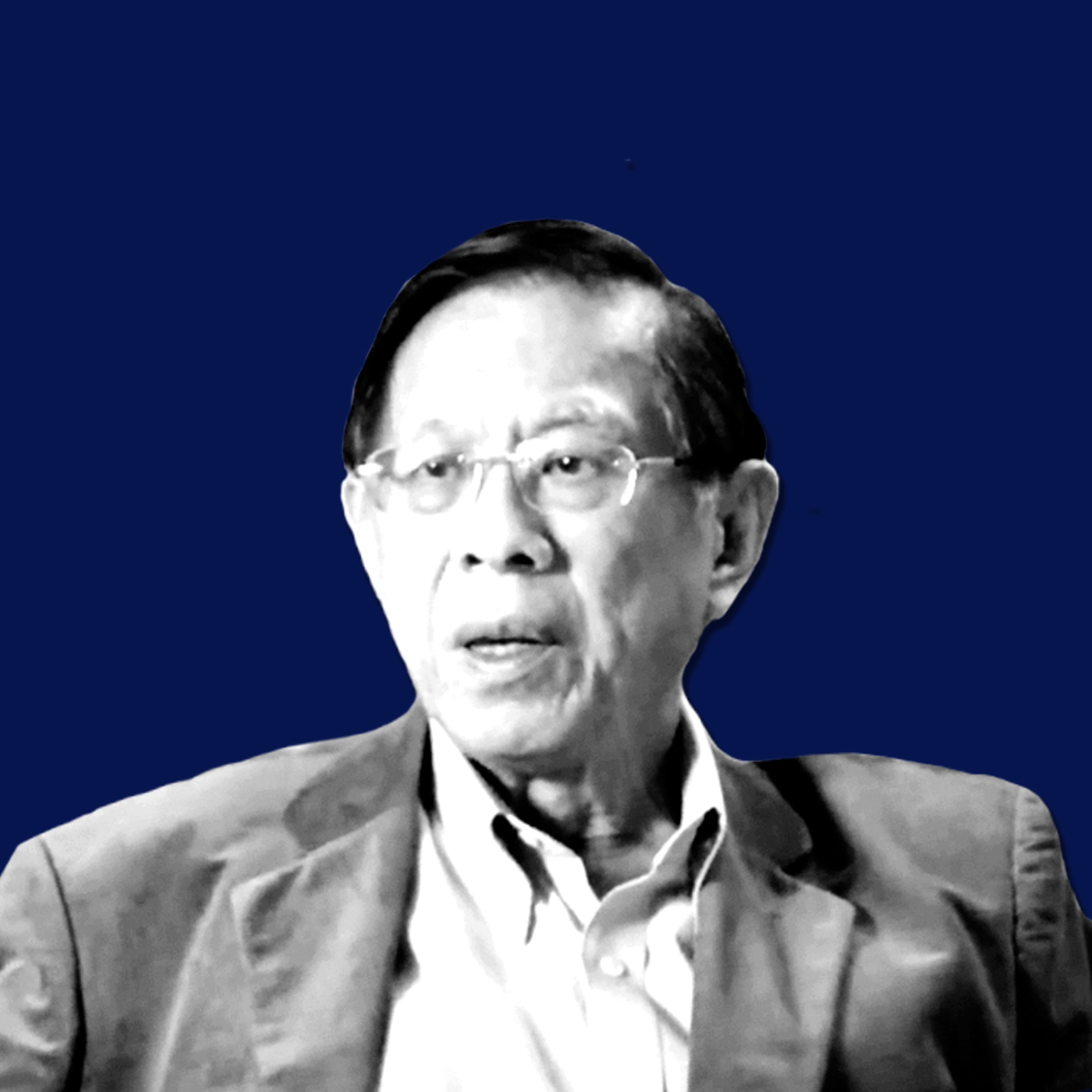
Professor Jon S.T. Quah
SpeakerRIGSS Podcast | Ninth RIGSS Anniversary Lecture Series
Learning from Singapore’s Success in Combating Corruption - Lessons for Bhutan
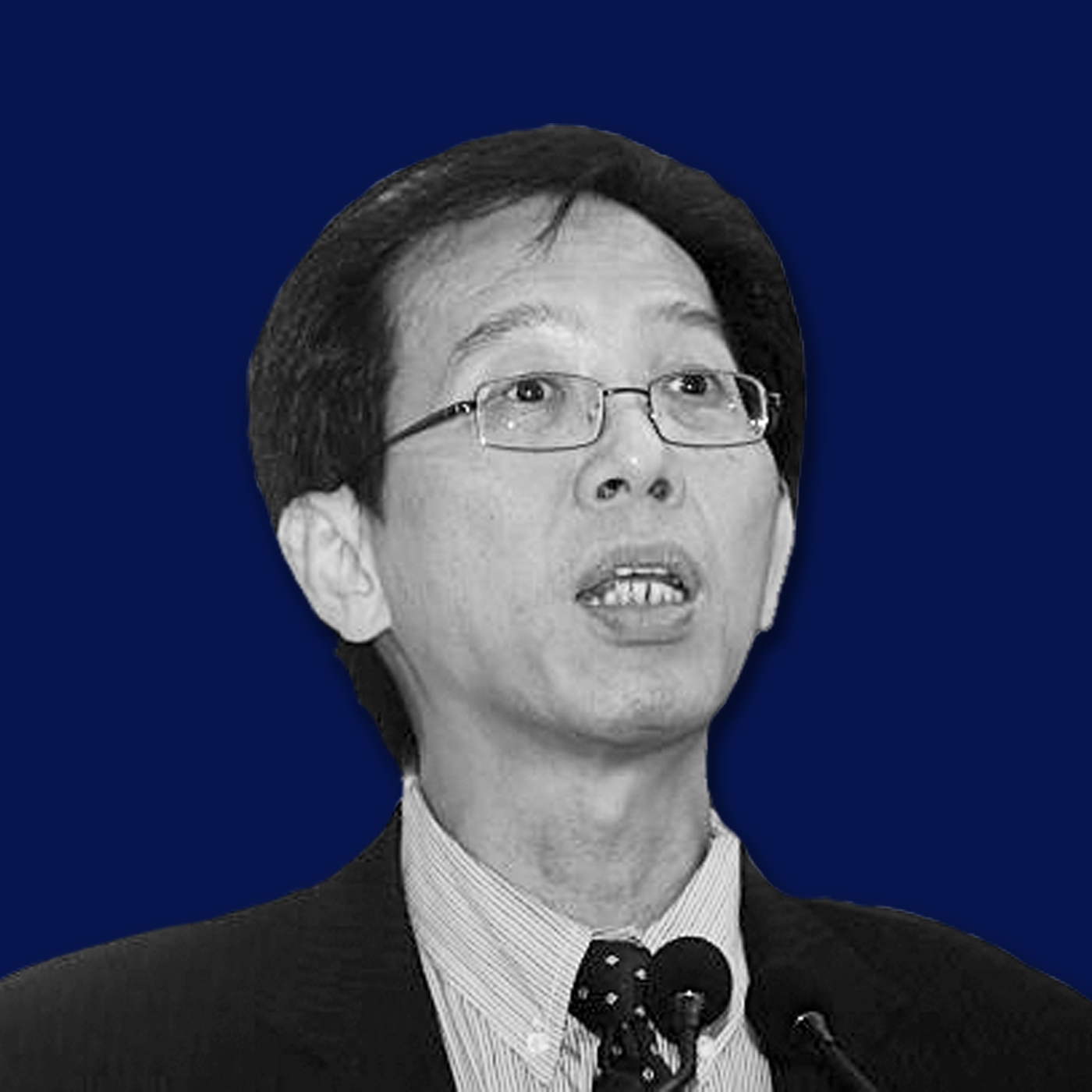
Dr. Tan Khee Giap
SpeakerRIGSS Podcast | Ninth RIGSS Anniversary Lecture Series
Factors Behind Singapore’s Economic Achievements
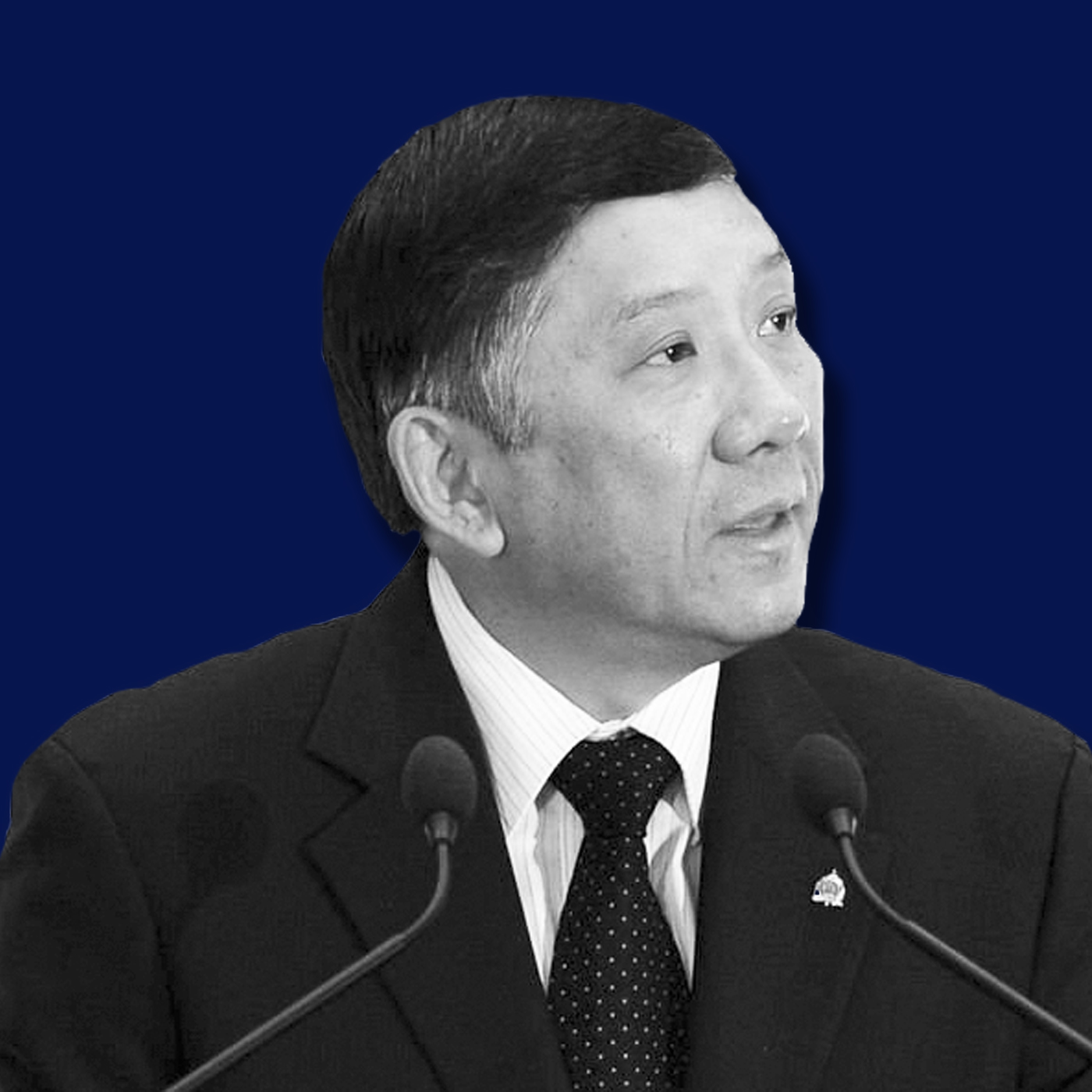
Mr. Khoo Boon Hui
SpeakerRIGSS Podcast | Ninth RIGSS Anniversary Lecture Series
Strengthening Law & Order and Homeland Security

Prof. Kendall Bronk
ProfessorRIGSS Podcast | Episode 13
The Science of Purpose
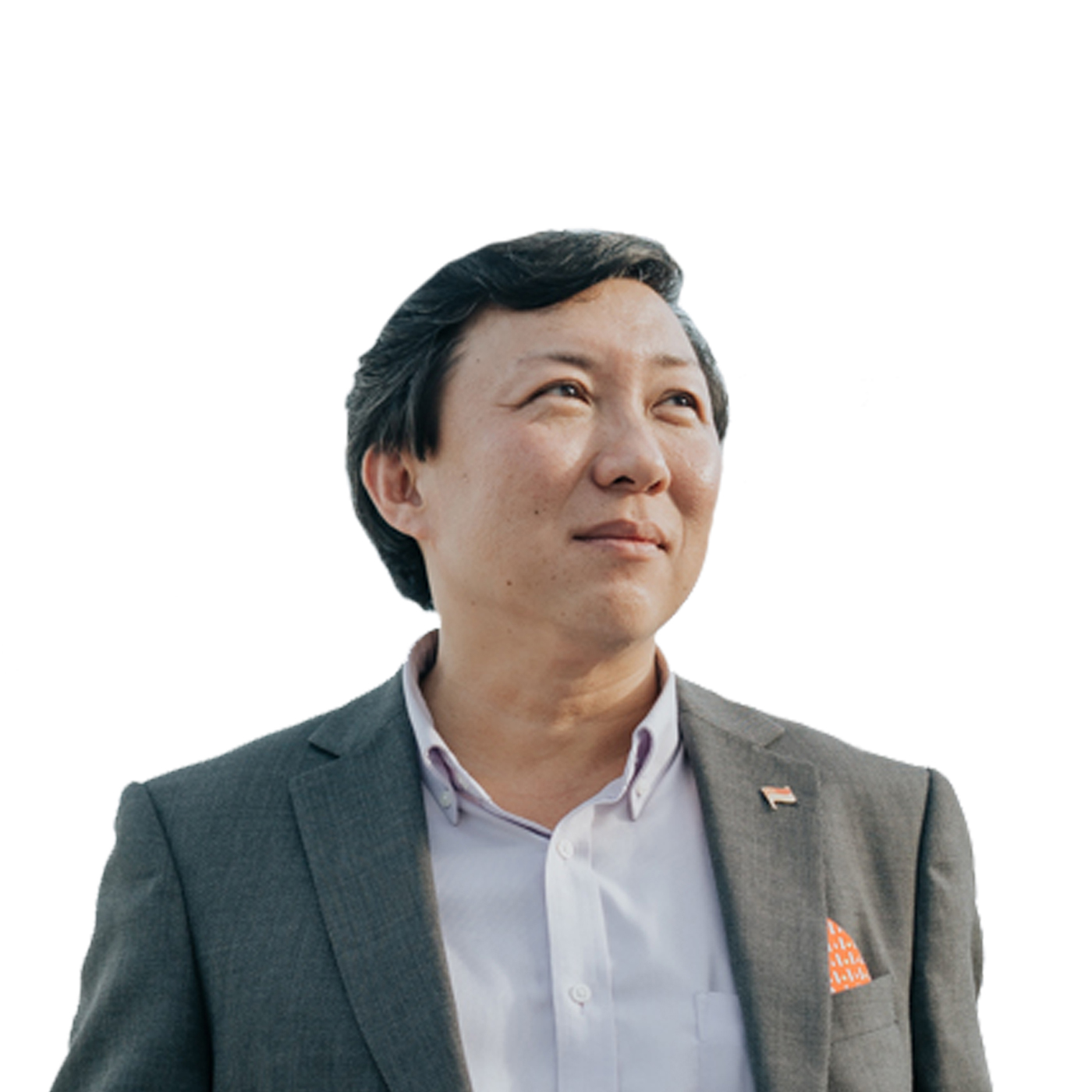
Koh Buck Song
Author & Brand AdviserRIGSS Podcast | Episode 12
Nation Branding

Saul Singer
Author, Start-up NationRIGSS Podcast | Episode 11
The Secret Behind the Success of the Start-up Nation
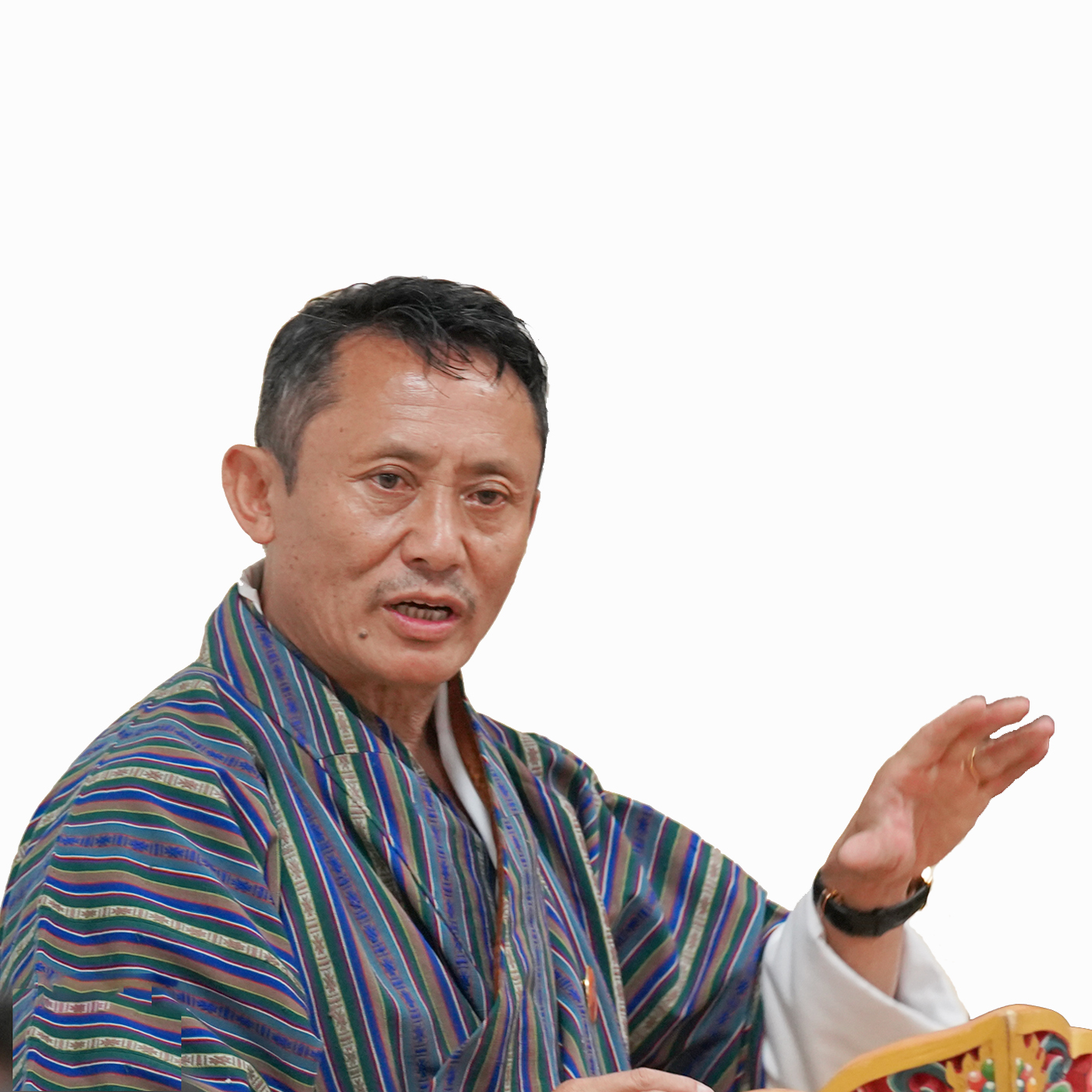
Dasho Karma Tshiteem
Gyalsung National Service ProgrammeRIGSS Podcast | Episode 10
Leadership of the Self
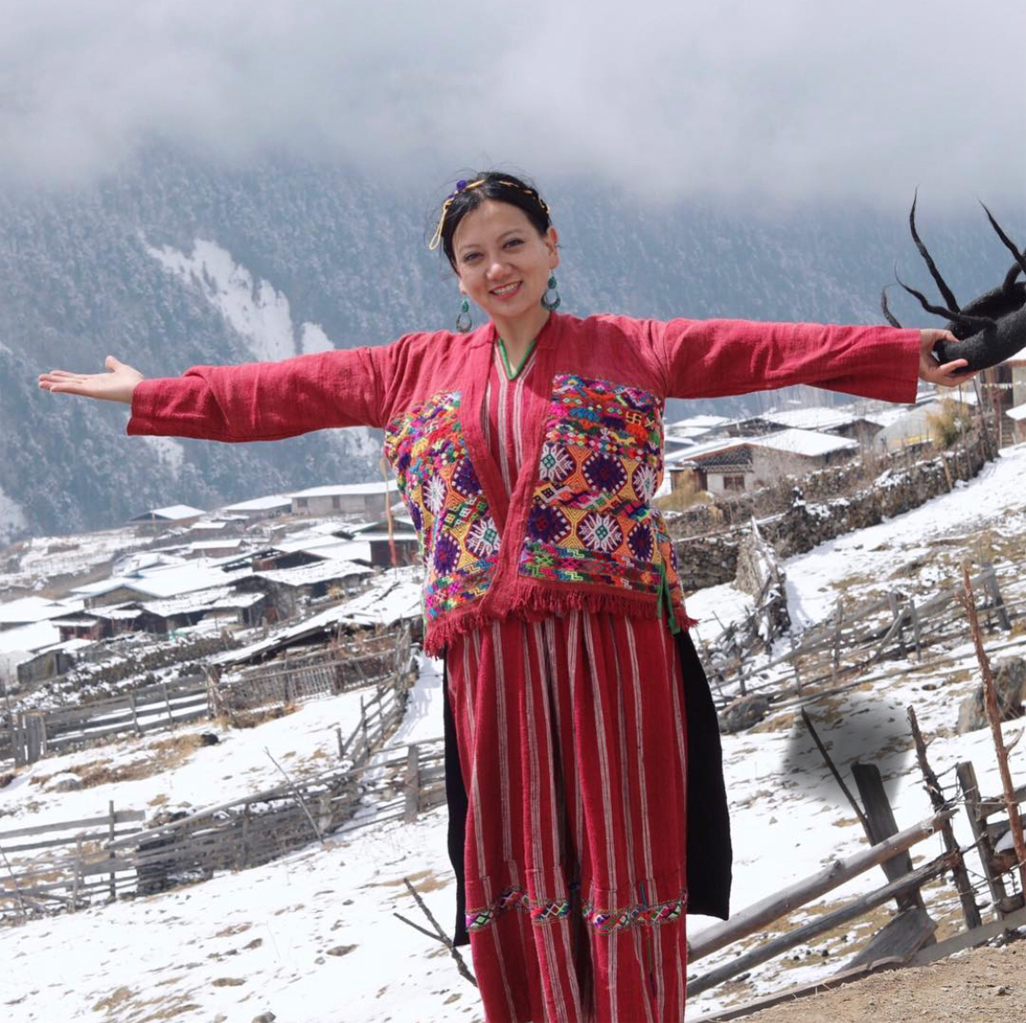
Tshering Denkar
Denkars GetawayRIGSS Podcast | Episode 9
A Getaway with Denkar
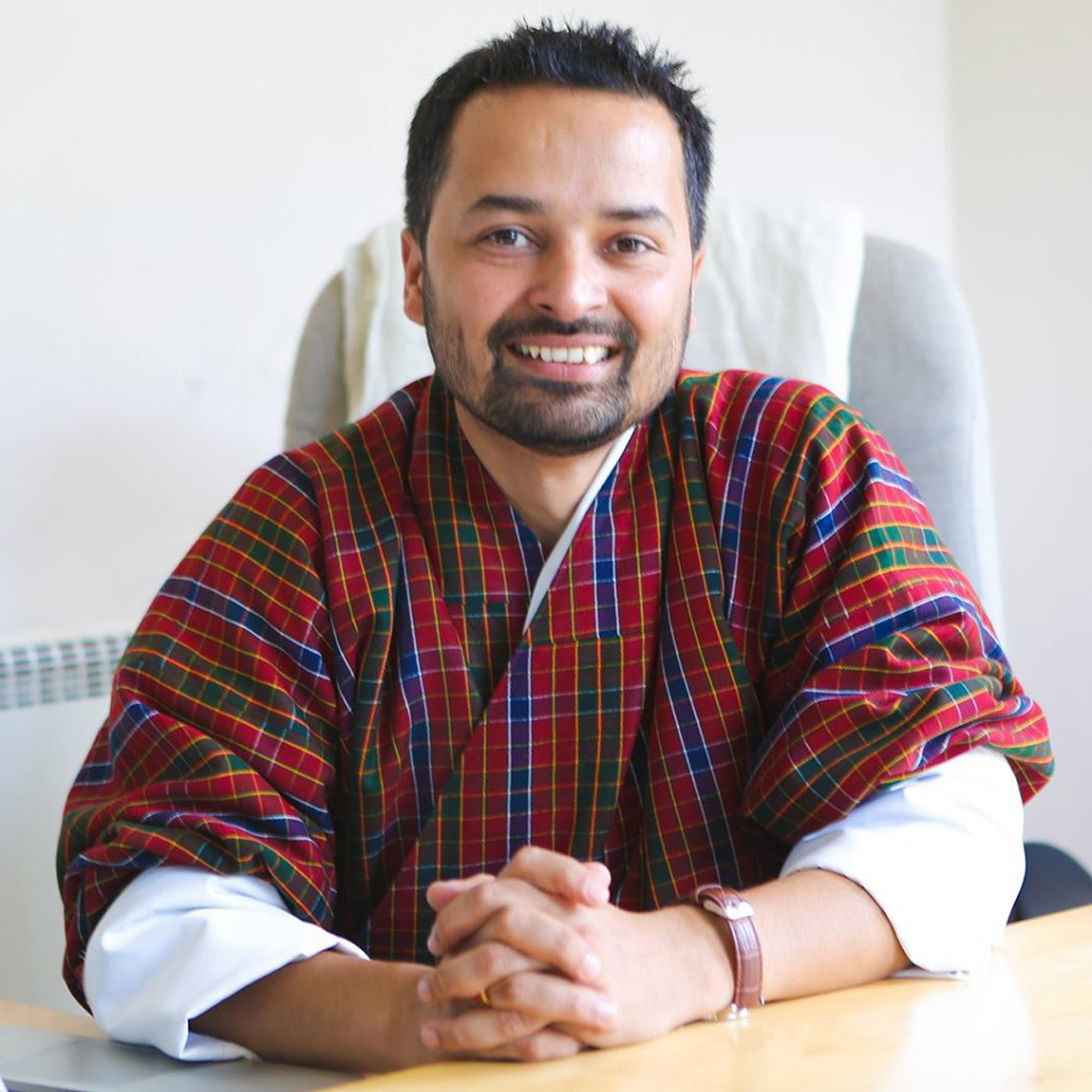
Ujjwal Deep Dahal
Director, InnoTech Department, DHIRIGSS Podcast | Episode 8
Expanding Possibilities with Technology
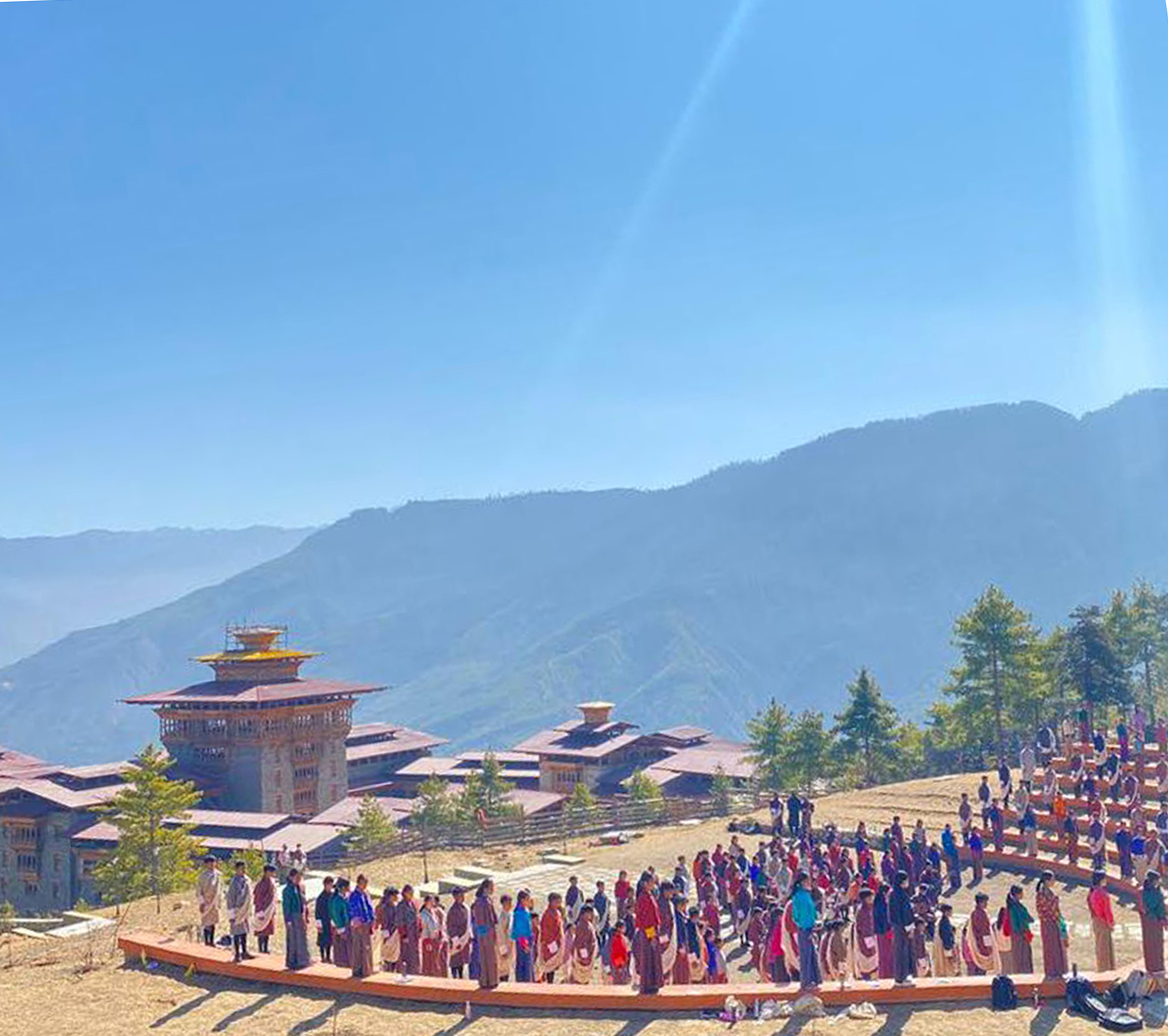
The Royal Academy
A King’s Vision for EducationRIGSS Podcast | Episode 7
The Royal Academy | A King’s Vision for Education
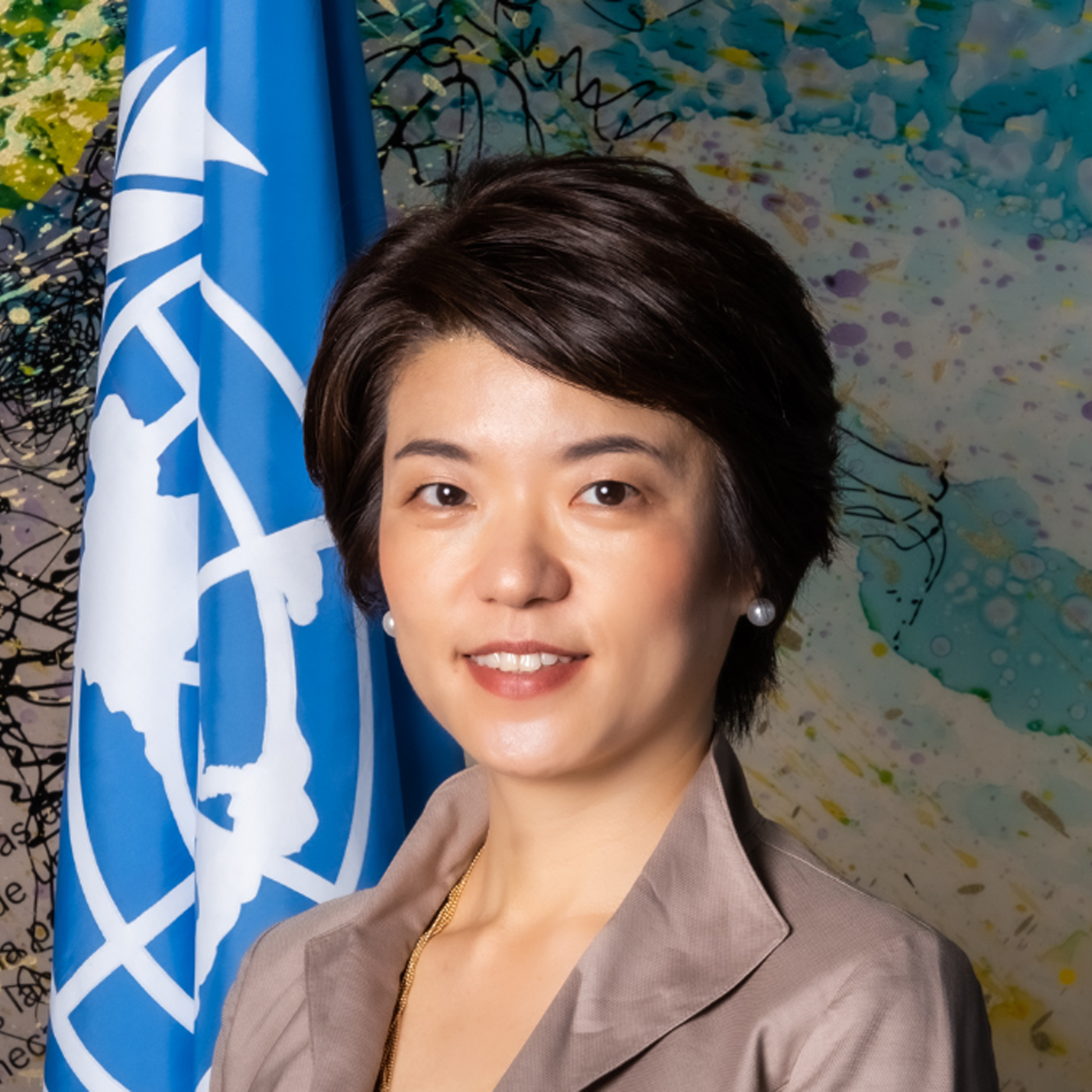
Azusa Kubota
Resident Representative of UNDP for BhutanRIGSS Podcast | Episode 6
Up To Speed with UNDP Bhutan
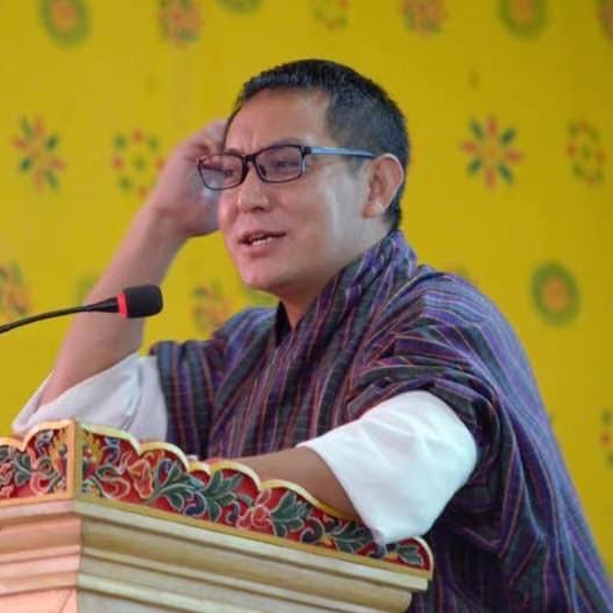
Dasho Dr. Sonam Kinga
Royal Research and Advisory CouncilRIGSS Podcast | Episode 5
The Genja of 1907
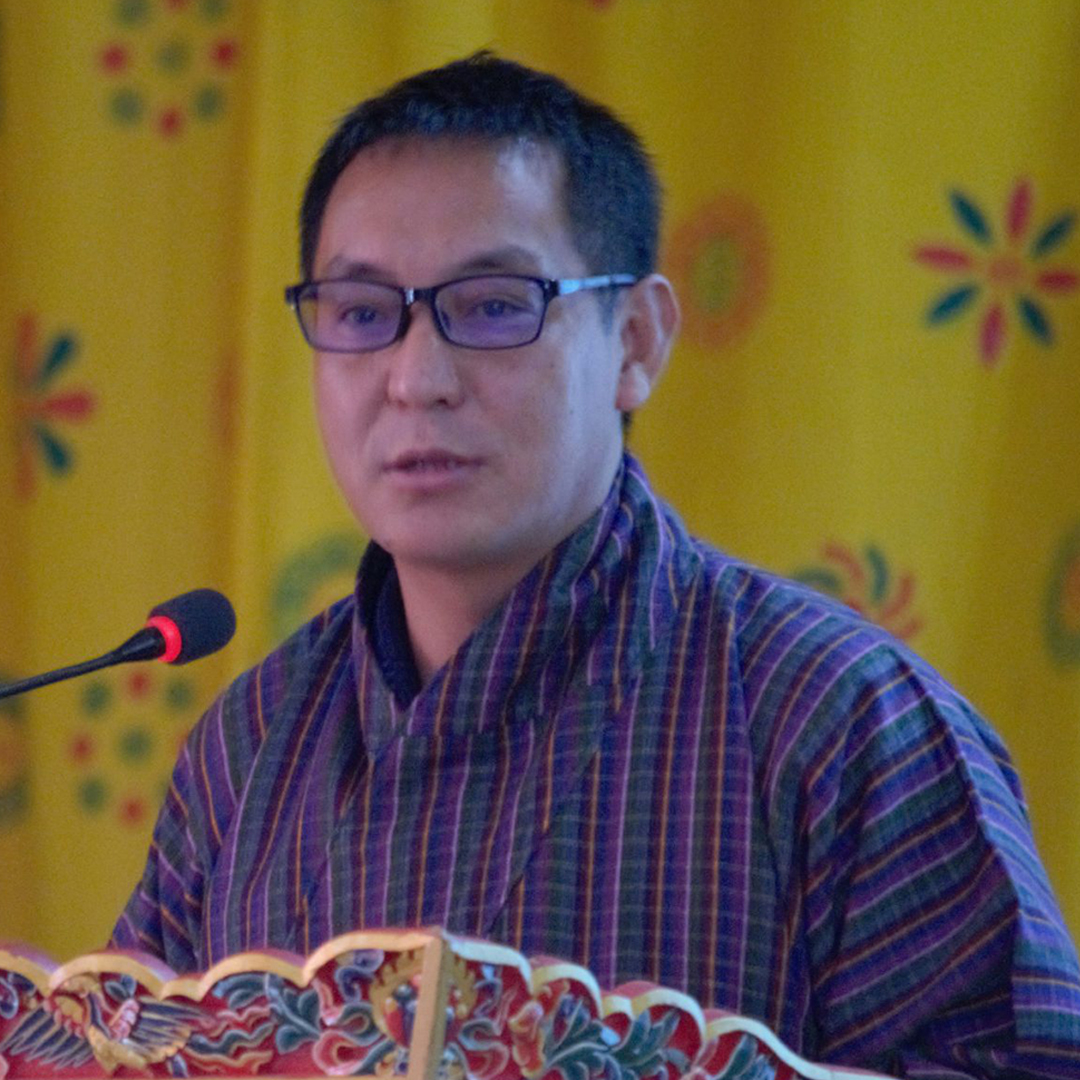
Dasho Dr. Sonam Kinga
Royal Research and Advisory CouncilRIGSS Podcast | Episode 4
The Modernity of the Bhutanese Monarchy
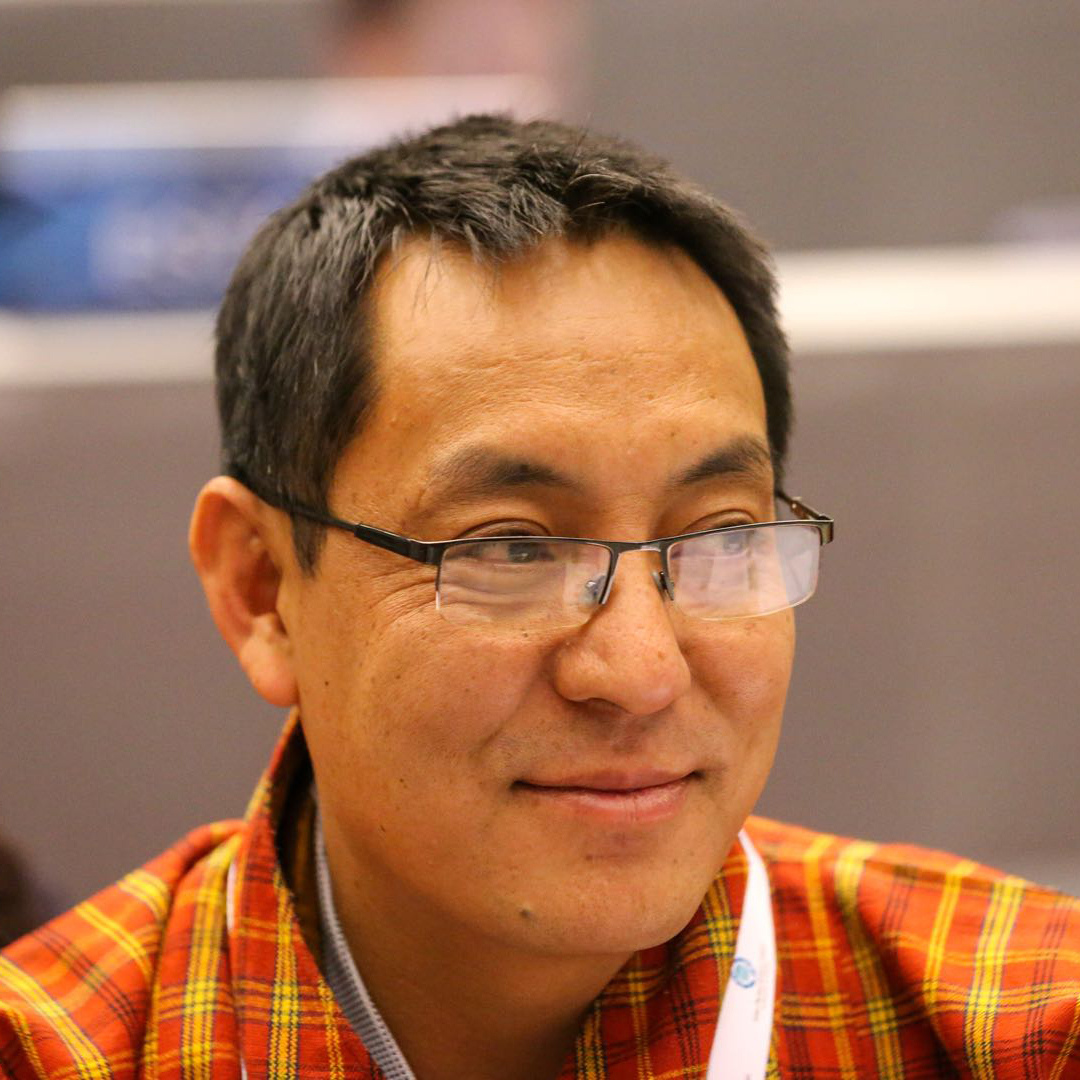
Dasho Dr. Sonam Kinga
Royal Research and Advisory CouncilRIGSS Podcast | Episode 3
Comparative Perspectives on Bhutan as a Monarchy

Ruchira Kamboj
Ambassador of India to BhutanRIGSS Podcast | Episode 2
Women Leadership in the 21st Century
